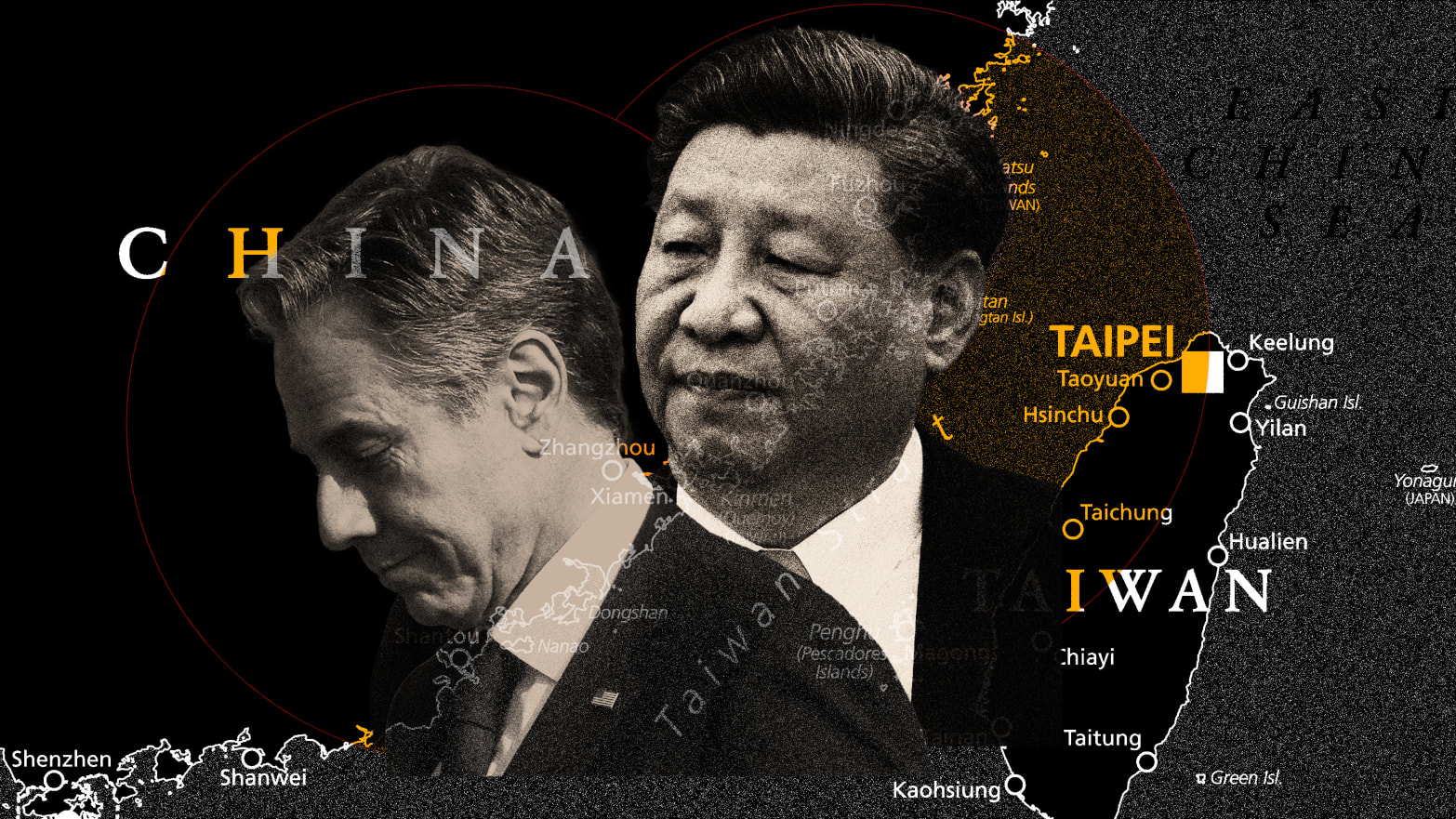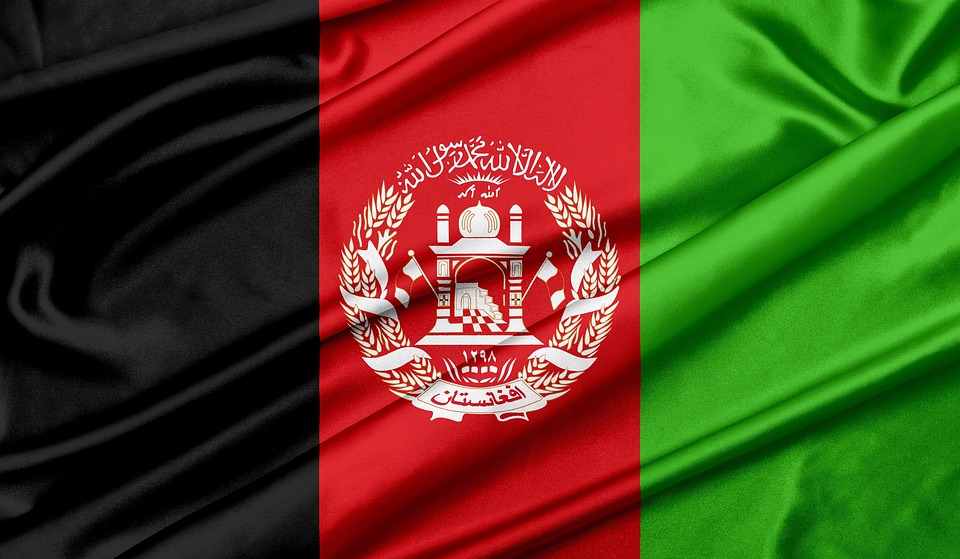
*Editor’s Note: On March 4, 2022, Russia enacted a law that criminalizes public opposition to, or independent news reporting about, the war in Ukraine. The law makes it a crime to call the war a “war” rather than a “special military operation” on social media or in a news article or broadcast. The law is understood to penalize any language that “discredits” Russia’s use of its military in Ukraine, calls for sanctions or protests Russia’s invasion of Ukraine. It punishes anyone found to spread “false information” about the invasion with up to 15 years in prison.
Andrei Kortunov, director general of the Russian International Affairs Council, on the prospects of U.S-China dialogue amid conflicting signals from the U.S. president and the secretary of state.
President Joe Biden’s latest defiant statement on Chinese President Xi Jinping caused quite a stir. As you recall, Biden called Xi a dictator while discussing the February incident with the Chinese balloon. The remark contrasted so clearly with Secretary of State Antony Blinken’s conciliatory tone during his recent visit to Beijing that it could not but give rise to speculation and hypothesis about the rift in the Biden administration.
Some observers put it down to unfortunate impromptu remarks by the American leader who suffers from health issues. Others have suggested that Biden’s words were not addressed to Beijing but to his domestic audience and should be interpreted solely in context of the emerging 2024 election campaign. Others were quick to conclude that the administration is split on the China issue, and the ongoing struggle between Washington’s hawks and doves had to become public sooner or later.
All these points of view are probably valid. However, in my opinion, this situation is not only and not so much about some impromptu, interparty struggle or possible disagreement between the White House and the State Department. Instead, this disagreement between Biden and Blinken again demonstrates the opportunities and constraints presented by the current U.S. policy on China.
If Blinken, as befits a professional diplomat, focused on a positive agenda in Beijing, then the president, speaking in San Francisco, literally in one or two phrases laid out the “red lines” with respect to cooperation with China, which the current American leadership has no intention of crossing.
So, let’s begin with the red lines.
The Biden administration is not ready to recognize the legitimacy of China’s political, and indeed socioeconomic, system. Instead, Washington perceives China as a country with an authoritarian regime whose leader is not even a “global autocrat” but a “dictator.” Due to this perception, the Biden administration cannot treat China as an equal partner in building a new world order. If Beijing is allowed to construct some elements of this great project, it will do so only in the role of a subordinate handyman. At the same time, the architects, engineers and forepersons of the new order will be exclusively Western democracies, naturally led by the U.S.
Such a policy position is unlikely to find favor in Beijing. And so it inevitably complicates the possibility of any U.S.-China détente in the coming years, regardless of the professional attributes of Blinken or other State Department officials. Step by step, Washington and Beijing are entering into an intense arms race and will continue to compete for influence in regions ranging from Southeast Asia to Latin America. Undoubtedly, the “strategic disengagement” of the two countries in the area of high tech is now irreversible, as many leading U.S. corporations increasingly move production to other countries. Meanwhile, the propaganda war between the two powers will only intensify.
Now, let’s consider the remaining opportunities for cooperation.
Blinken’s visit to Beijing showed that it is still possible to stabilize the predominantly competitive relationship. In my view, it would be simplistic to assume that Biden’s remarks have completely nullified Blinken’s efforts. Paradoxically, the different perspectives of Washington and Beijing on the power dynamics between the two powers largely determine the potential for stabilization in the countries’ bilateral relations. That is, each strategic adversary assumes that time is on its side and that, therefore, a decisive showdown should preferably be postponed. So far, the U.S. and China, and indeed the rest of the world, have no interest in an all-out economic war, let alone a direct military clash between the two countries.
This means that while complicating the subsequent dialogue between the two sides, Biden’s anti-Chinese remarks do not entirely negate the outcome of Blinken’s talks with Beijing. After all, there is an overarching understanding that in the near future, the U.S.-China confrontation cannot turn into a full-fledged economic, geopolitical or, especially, military conflict.
Hence, the number of flights between China and the U.S. may well increase — this is what the influential businesspeople of both countries demand. The leading American universities could also treat Chinese students and scientists in the U.S. more favorably. Meanwhile, the flow of Chinese consumer goods into the U.S. market will continue and probably even increase due to American demand. On the political front, the efforts of both sides will promptly subdue the inevitable recurring mini-crises around Taiwan. And even on some individual issues of the global agenda, such as climate change, the fight against international terrorism and nuclear nonproliferation, one may expect measured bilateral cooperation to continue.
Today, both the U.S. and China are facing numerous domestic development challenges. Both sides, while not ready to make any significant concessions, need more time to build their strength for a decisive battle. Of course, unanswered questions remain: How long will the current precarious equilibrium last and which side will make better use of it? Nevertheless, the global U.S.-China Armageddon seems to be postponed for the time being, which is good news for all of us.
The author is an expert of the Valdai Club, and director general of the Russian International Affairs Council. The author’s opinion may not necessarily reflect the views of Izvestia’s editorial board.




















































